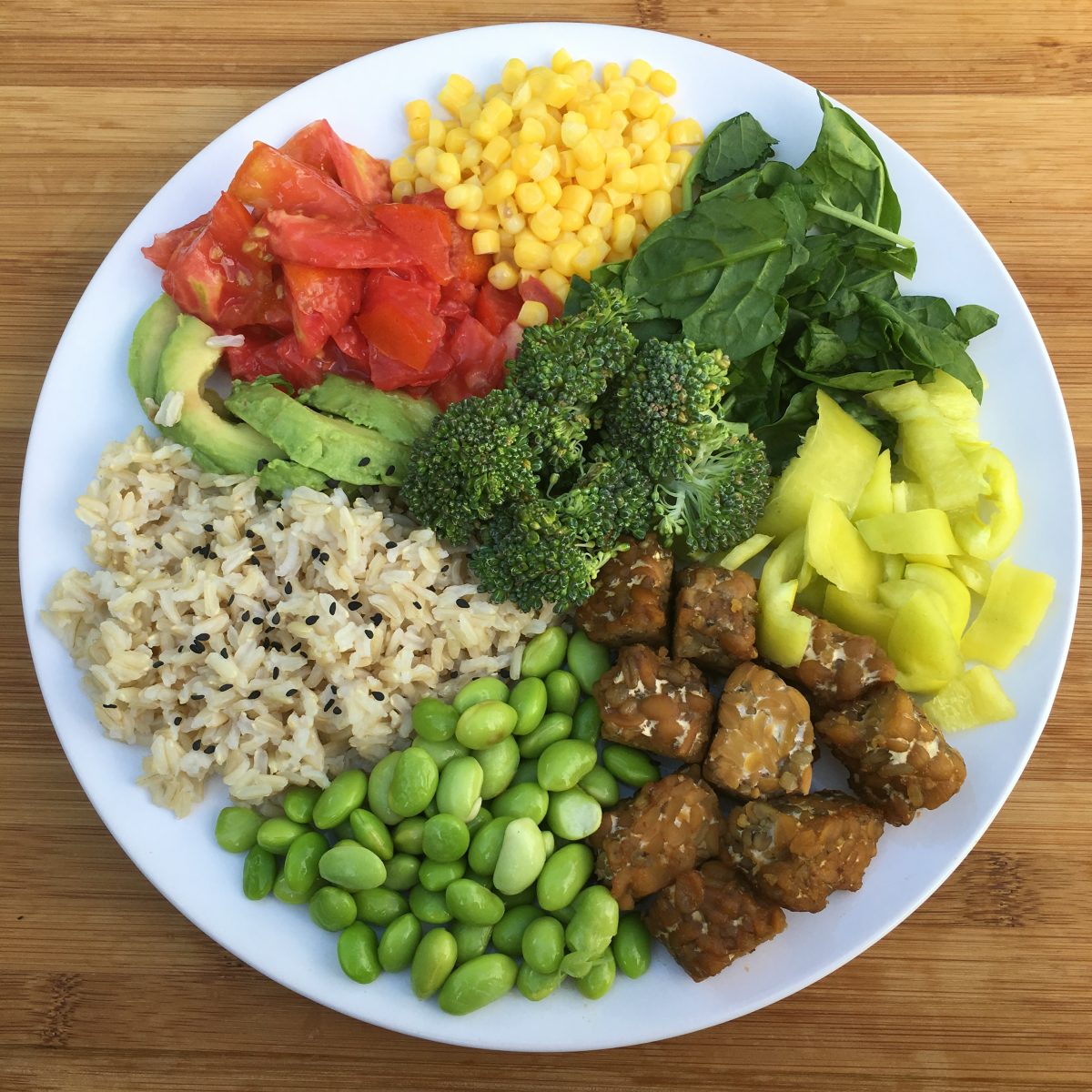Power Up with Vegetarian Protein – Nourish Your Body and Mind!
Vegetarian protein is an important part of a healthy diet for vegetarians and vegans alike. It provides essential nutrients and can help meet dietary requirements for those following a plant-based lifestyle. Vegetarian protein sources can range from legumes to nuts and seeds, and even some vegetables.
Eating a variety of vegetarian proteins can help ensure a balanced diet and provide the body with the necessary fuel to stay healthy and energized. This article will explore some of the most popular vegetarian protein sources, their health benefits, and tips on how to incorporate them into your diet.
How to Maximize Protein Intake as a Vegetarian
As a vegetarian, it can be difficult to ensure that you are getting adequate protein in your diet. Protein is essential for building muscle and repairing cells, and it can be found in both animal and plant sources. To maximize protein intake as a vegetarian, it is important to include high-protein foods in your meals and snacks, as well as incorporate protein-rich plant-based protein sources into your diet.
First, emphasize high-protein plant-based foods. Beans, lentils, nuts, seeds, and quinoa are all excellent sources of protein. Include beans in salads, add lentils to soups and stews, sprinkle nuts and seeds on top of salads and stir-fries, and enjoy quinoa as a side dish. Additionally, tofu, tempeh, and seitan are excellent plant-based sources of protein. Tofu can be cubed and added to stir-fries, tempeh can be crumbled into chili, and seitan can be used as a meat substitute.
Second, incorporate plant-based proteins into snacks and meals. Greek yogurt, cottage cheese, and ricotta cheese are all good sources of protein that are also vegetarian-friendly. Additionally, include nut butters, such as almond butter or peanut butter, in snacks and meals. Nut butters are rich in protein and healthy fats, and they can be added to smoothies, oatmeal, toast, and more.
Finally, use protein powder to supplement your diet. Protein powder is a convenient and easy way to increase your protein intake. Plant-based proteins, such as pea protein and hemp protein, are available and are excellent sources of protein for vegetarians. Protein powder can be added to smoothies, oatmeal, and other recipes to help increase your protein intake.
By including high-protein plant-based foods, incorporating plant-based proteins into snacks and meals, and using protein powder, you can maximize protein intake as a vegetarian. Doing so will help ensure that you are getting adequate amounts of protein to meet your body’s needs.
The Health Benefits of Eating a Vegetarian Diet Rich in Protein
Eating a vegetarian diet can have many health benefits, especially when it is rich in protein. Protein is essential for the body to function optimally, as it helps to build and repair tissues, form hormones, enzymes, and other body chemicals. A vegetarian diet can provide all the essential amino acids needed for the body to synthesize protein.
Most vegetarian diets are naturally rich in plant-based proteins, such as legumes, beans, nuts, and seeds. These provide all the essential amino acids, and are a great source of vitamins, minerals, and fiber. In addition, plant-based proteins are low in saturated fat and contain no cholesterol.
Eating a diet rich in protein can help to reduce the risk of heart disease and stroke. Protein helps to reduce cholesterol levels, lower blood pressure, and reduce the risk of developing type 2 diabetes. It can also help to maintain a healthy weight and reduce the risk of obesity.
A vegetarian diet can also help to improve digestion. High-protein foods are more slowly digested, which can help to regulate appetite and reduce cravings. Eating protein can also help to strengthen the immune system and reduce inflammation.
In addition to the health benefits, eating a vegetarian diet can also be environmentally friendly. Eating fewer animal-based proteins can help to reduce greenhouse gas emissions and conserve water. Plant-based proteins are also typically less expensive than animal-based proteins.
For those looking to reap the health benefits of a vegetarian diet, it is important to ensure that it is rich in protein. Eating a wide variety of plant-based proteins can help to ensure that all the essential amino acids are consumed. A diet rich in protein can provide numerous health benefits and can also be environmentally friendly.
The Benefits of Eating Vegetarian Protein Sources
A vegetarian diet is an increasingly popular choice for many individuals, and for good reason. Eating vegetarian-based sources of protein is a great way to ensure that you are getting essential nutrients, while also avoiding fatty and unhealthy foods. There are many benefits associated with eating vegetarian protein sources, and it is important to understand what these are in order to make an informed decision about your dietary choices.
One of the primary advantages of eating vegetarian protein sources is that these foods are often lower in fat and calories than animal-based sources of protein. Plant-based proteins are naturally leaner, making them an ideal choice for those looking to lose weight or maintain a healthy weight. Additionally, these proteins are typically free of cholesterol, which can help to reduce the risk of developing heart disease.
Another benefit of eating vegetarian protein sources is that they are typically higher in dietary fiber than animal-based proteins. Fiber is important for promoting digestive health, and it can also help to reduce the risk of developing certain types of cancer. Furthermore, fiber can help to regulate blood sugar levels and can even help to reduce cholesterol.
Finally, vegetarian protein sources are often packed with essential vitamins and minerals that can help to boost overall health and wellbeing. These nutrients, such as iron, zinc, and vitamin B12, are essential for maintaining energy levels, promoting healthy skin and hair, and fighting off disease. Additionally, these proteins are often rich in antioxidants, which can help to protect the body from damage caused by free radicals.
In conclusion, there are many benefits associated with eating vegetarian protein sources. These proteins are often lower in fat and calories, higher in fiber, and packed with essential vitamins and minerals. Eating vegetarian-based proteins can help to promote weight loss, reduce the risk of developing certain diseases, and boost overall health and wellbeing.
In conclusion, vegetarian protein is an excellent source of nutrition for vegetarians and vegans alike. It can be used to easily create delicious and nutritious meals, snacks, and snacks. It is a great source of protein and other essential nutrients that can help you meet your dietary needs and goals. With a variety of options available, vegetarians and vegans can find an easy way to get their protein needs met without sacrificing flavor or nutrition.





